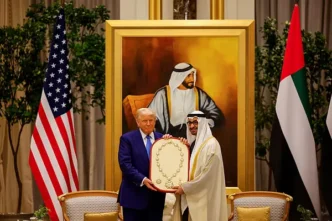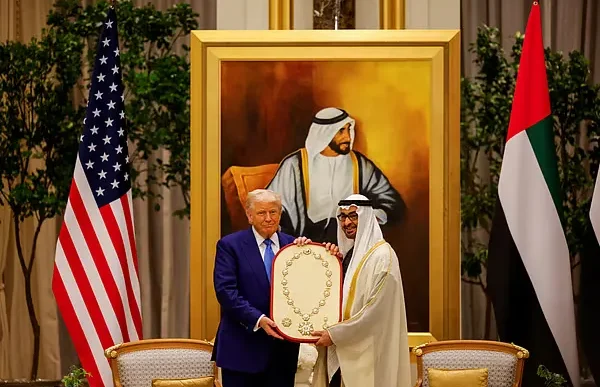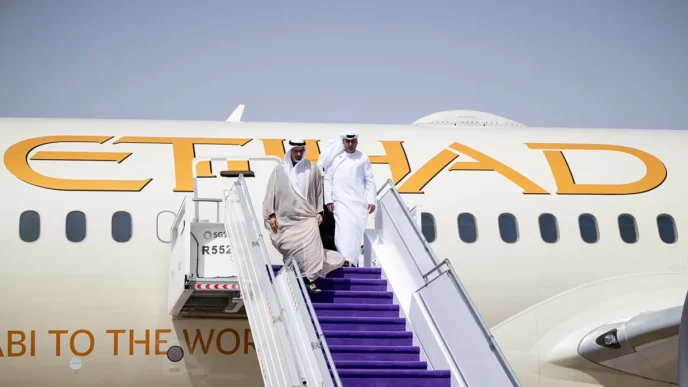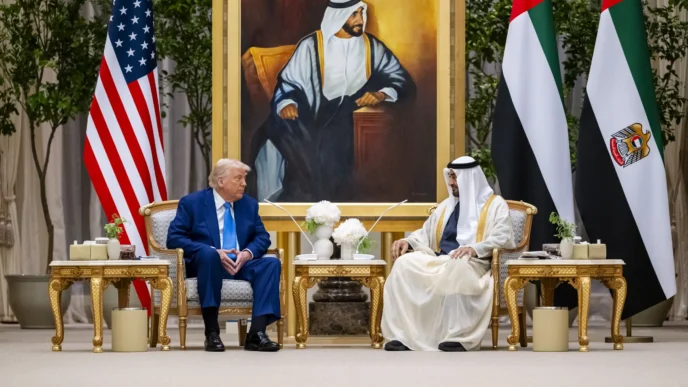As the real estate market continues to evolve, property brokerages in the UAE are discovering the vital importance of balancing online and offline marketing to boost lead generation and conversion rates. At a recent panel discussion hosted by Khaleej Times at the TRIBE – The CMO Connect 2025 conference, experts revealed valuable insights on how these two channels play a complementary role in driving sales and building trust within the industry.
Diana Dzaka Bico, Marketing Director at Engel & Völkers, shared her perspective on the growing reliance on online platforms for lead generation. “While the majority of leads come from online sources, offline channels like referrals, events, and networking have higher conversion rates,” she explained. “Brokerages should not overlook the power of offline marketing,” she emphasized, encouraging a strategic mix of both methods.
The shift toward digital marketing during the pandemic has been undeniable, particularly in the real estate sector. Online tools such as property portals, social media ads, Google ads, and WhatsApp are widely used for generating leads. However, Bico pointed out that developers still heavily rely on traditional offline methods like billboards and events, especially for launching new projects. But recent trends indicate a significant shift toward digital marketing as developers realize the potential of online strategies to complement their offline efforts.
Katie Allen, head of advertising and revenue at Khaleej Times, also brought attention to the UAE’s advertising spend, which totaled Dh9.4 billion in 2024. Of this amount, Dh1.45 billion was spent on real estate marketing, with 79% of that budget directed towards outdoor advertising. This data highlights the continuing importance of offline advertising, particularly outdoor ads, for driving consumer trust and decisions.
Sevgi Gur, Chief Marketing Officer of Property Finder, further emphasized the role of offline strategies in real estate marketing, especially in terms of building trust with consumers. “Trust is key in real estate,” Gur noted. “When consumers see developers investing heavily in high-impact media like outdoor advertising, it boosts their confidence in the brand and its promises.”
Curtis Schmidt, CEO of RAPP for MENA, echoed this sentiment, stating that authenticity in branding is crucial, especially during times of crisis. Brands that consistently align with their values—whether online or offline—earn lasting trust from consumers, something that is particularly important in real estate transactions.
Despite the increased use of digital platforms, Ahmed El Sherbini, CEO of Think Human, highlighted that real estate advertising remains a crowded and highly competitive market. He emphasized the need for clear brand strategies and integrated marketing communications, which blend offline and online approaches effectively. “Offline and online both have their distinct KPIs and roles. Digital allows for more targeted, personalized communication, while offline media like outdoor activation and print still hold strong value,” El Sherbini stated.
In conclusion, the panel discussion underscored the need for property brokerages to find the right balance between online and offline marketing strategies. By doing so, they can not only reach a wider audience but also build stronger, trust-based relationships that ultimately drive higher conversion rates in the competitive real estate market.














